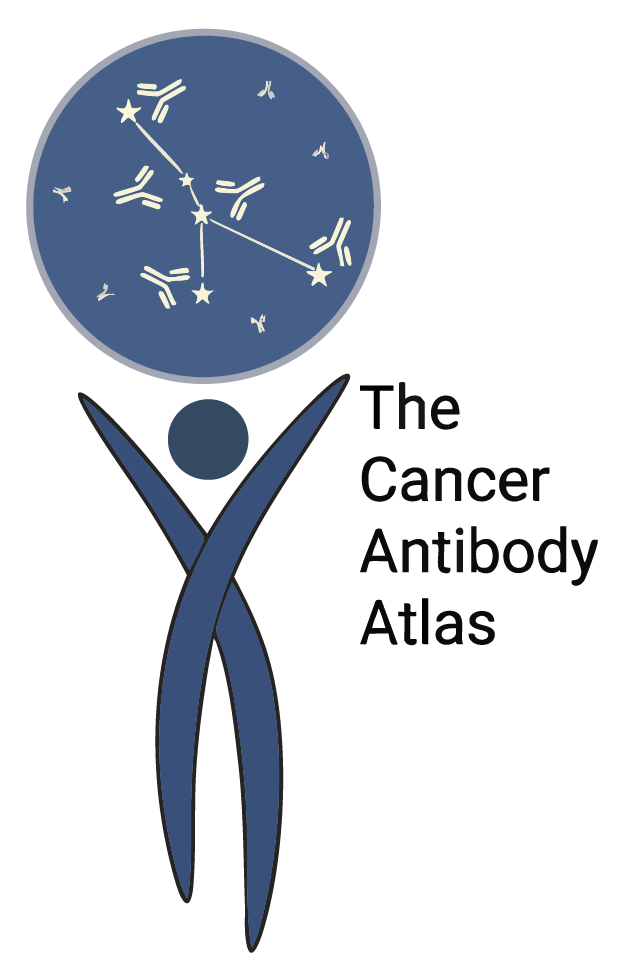

Cancer exists only with permission or avoidance of innate and adaptive immunity. Recognition occurs whether the tumor is tolerated or destroyed by cytotoxic immunosurveillance. Memory of these immune responses – beneficial or detrimental – often remains in serum antibodies. In addition to a direct role in antibody-dependent cellular cytotoxicity (ADCC), antibody responses have been observed mirroring cytotoxic T cells at the epitope level for the viral-induced anti-GlialCAM response responsible for ~25% of multiple sclerosis cases (Lanz et al, Nature, 2022). Similar linked antibody and T cell responses have been observed in response to neoantigens in cell-derived cancer vaccines (Hulett et al, JITC, 2018). Autoantibodies are also observed to acquire ‘drug-like’ behaviors at a shockingly high frequency, altering critical metabolic processes such as vitamin B12 import by transcobalamin (Pluvinage et al, Sci Trans Med, 2024), and blocking antiviral cytokine signals critical to immune function and fending off pathogens (Bastard et al, Science, 2020). Checkpoint blockade immunotherapy outcomes are known to correlate with pre-treatment anti-viral (Naigeon et al., Sci Adv, 2023), and autoantibody repertoires (Johannet et al., Clin Cancer Res, 2022).
Antibody (Ab) repertoires are individualized, persistent, and largely uncharacterized in cancer. Antibodies targeting identical antigens can be helpful or deleterious according to specific binding site or isotype. We aim to uncover (i) acquired Ab-mediated errors of immunity which create or prevent immunosurveillance failure, (ii) antibodies against public tumor antigens, and (iii) novel antibodies to pathogens, commensals, foods, and other exposures that are correlative with cancer incidence and outcome. We will extensively mine Ab repertoires using longitudinal and single-timepoint serum samples of large and diverse cohorts, using the best technologies available and building new ones to cover known gaps. We hypothesize that we will find a currently-missed feature of cancer origin: immunosurveillance failure directly enabled by antibody-mediated immunodeficiency (Casanova et al., Nat Rev Immunol, 2024).

Pro-Tumor Antibodies:
Anti-Tumor Antibodies:
Exposure-specific Antibodies:
Discovery cohorts (N=10,000) will be tested for all Abs against self, neo-self, and non-self (including overlapping Abs) to identify known or novel Abs protective or deleterious for cancer.
Replication cohorts (N=50,000+) will be used to screen a targeted panel of Abs identified in the discovery cohorts.
The cohorts will include individuals, with and without cancer from large longitudinal surveys; centenarians without cancer; elderly twins who longitudinally acquire or avoid cancer; individuals with well-established cancer risks (patients mutated in P53, BRACA1/2, or with Lynch syndrome), who did not develop cancer; diverse pre-cancer adult populations who longitudinally acquire or avoid cancer; adult and children diagnosed with diverse cancer types; ; and healthy adult controls with very low risk of cancer. We will also test specific cohorts of patients with malignancies before, during, or after immunotherapy.
By systematically profiling antibody reactivity patterns across diverse cohorts we aim to: